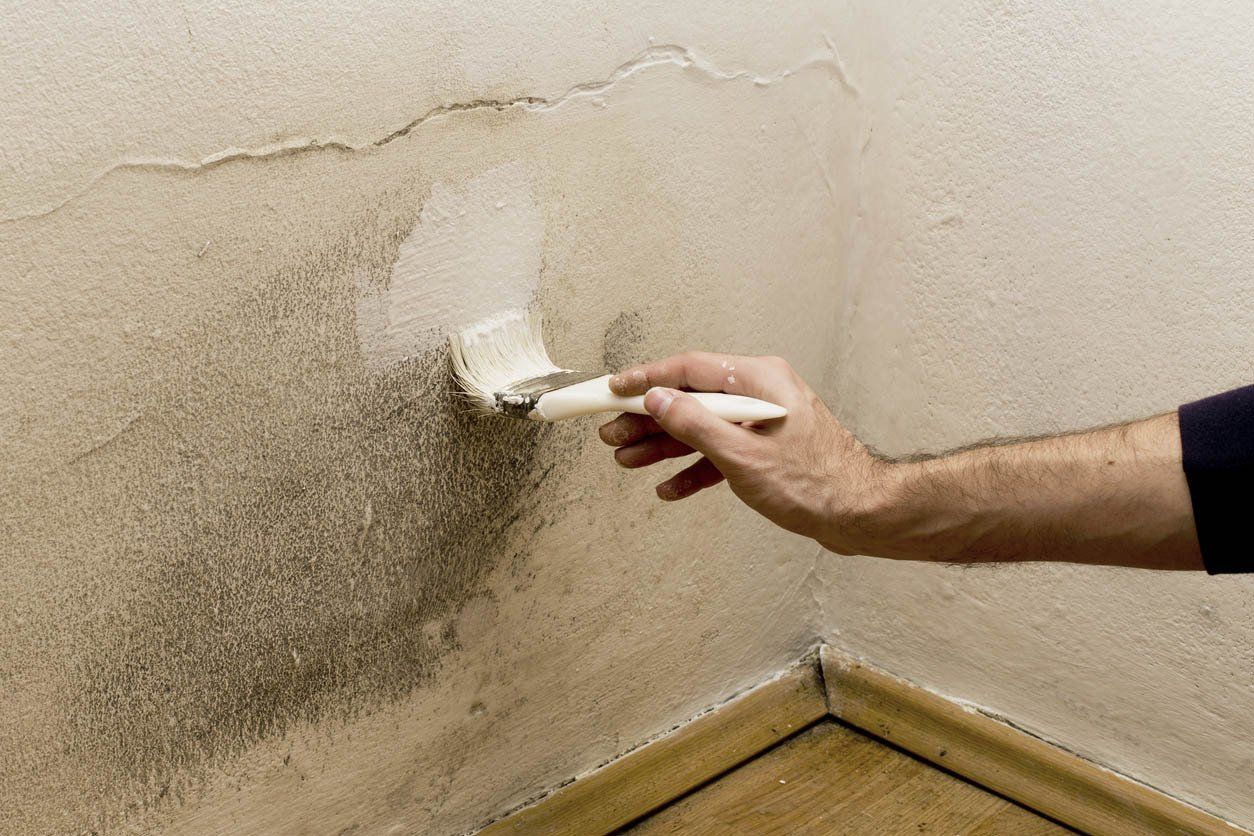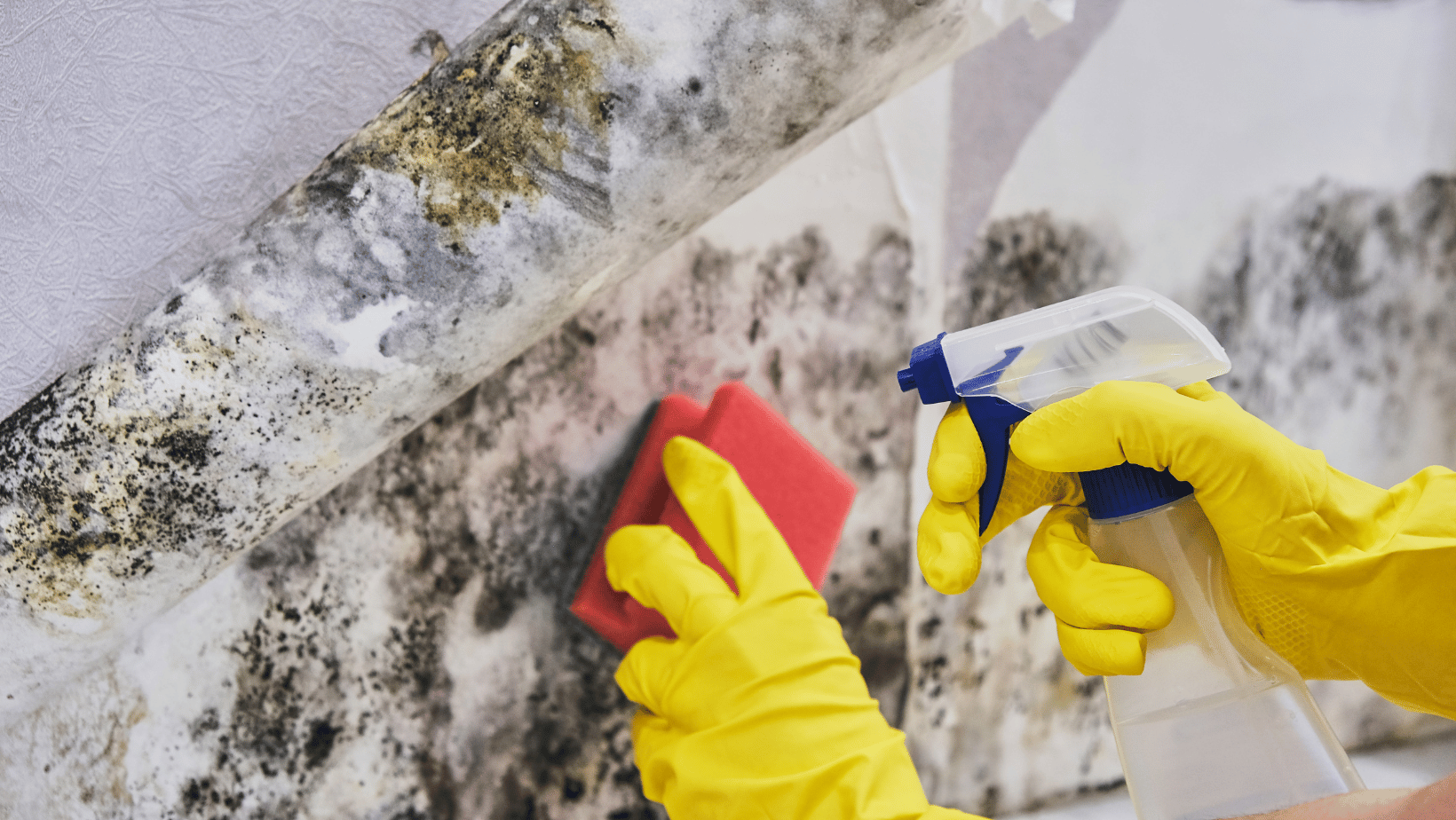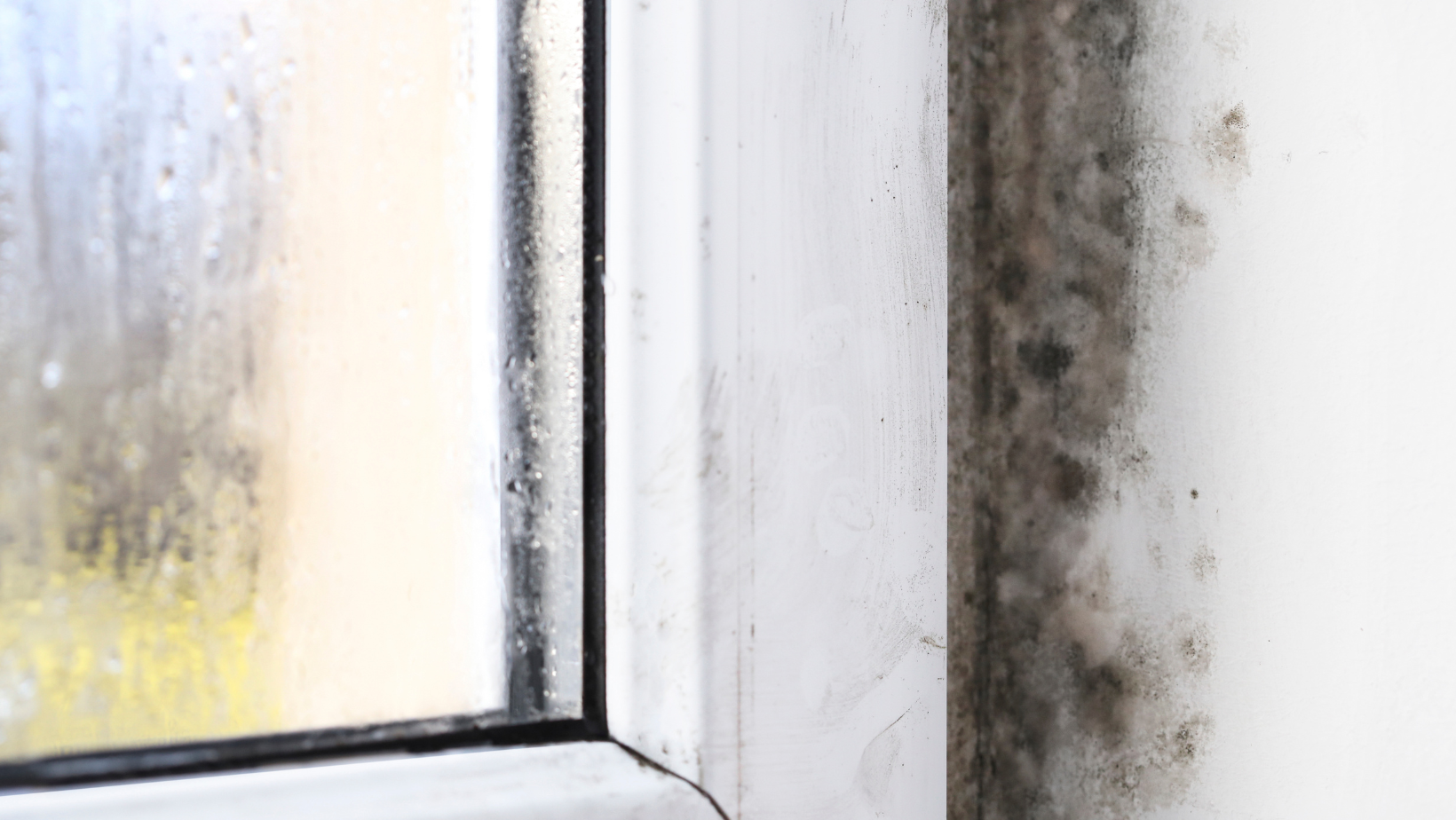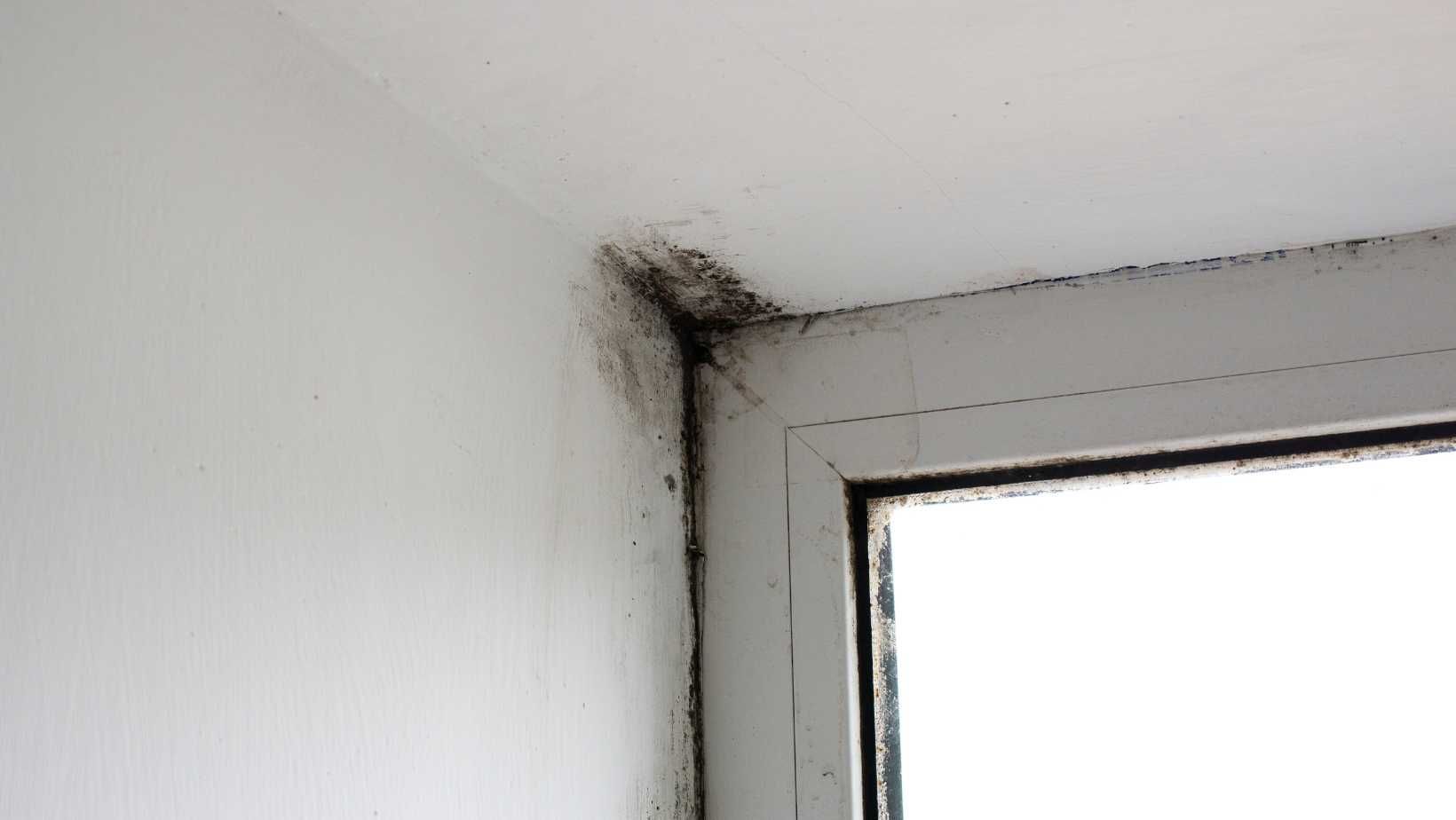The Three Common Types of Mold Testing

Finding mold in your home is never a good thing for a homeowner. It can be nerve-wracking and fill you with dread. Mold can be hazardous to your health, and it's incredibly difficult to remove once it starts growing. Due to its difficulty to remove, it's never advised to remove mold yourself. It's best to call in a professional. We provide the best mold inspection Abbeville, LA offers.
Our team will come in to thoroughly inspect your home for any signs of mold. We can locate any hidden mold. We will then test the mold spores we find to help us better understand which mold remediation approach to take. Once it's determined what kind of mold is growing and where, the removal process will begin. Attempting to remove the mold yourself is dangerous and will often leave spores behind, so the mold will grow back. We offer the best professional mold removal Abbeville, LA has.
There are typically three types of mold tests we perform during our inspection. Let's go over each one.
1. Tape-Lift Sampling - We perform this test when there's discoloration, and we want to determine if it is mold. Using a clear, sticky material, we'll gather a sample of the discoloration. The sample is placed on a glass side and sent to a lab for analysis.
2. Swab Testing - We use this test to check for fungal growth of an exact species. We collect some mold growth with a sterile cotton swab and send it to a lab for culture and analysis.
3. Mold Spore Air Testing - This test allows us to determine the level of mold spores in the home. We perform this test by pulling air through a plastic container where the material in the air sticks to a glass slide in the container. This material is then sent to a lab for analysis.
You might also like
DryMax Mold Blogs




